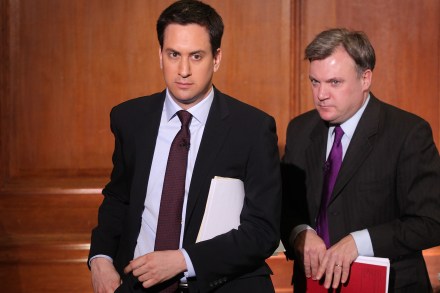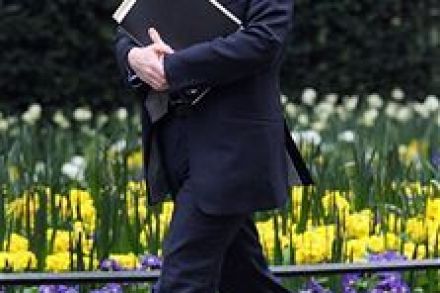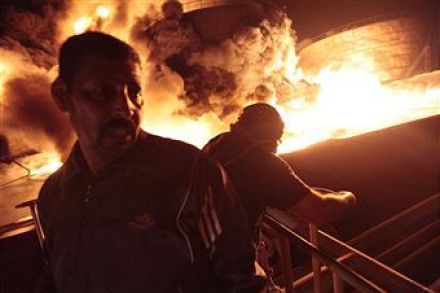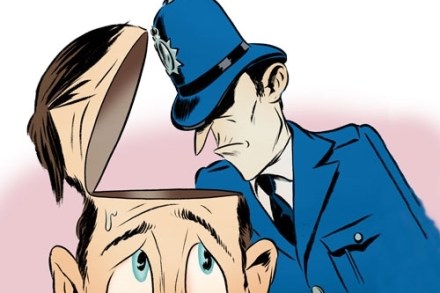Your five-point guide to the Ed Balls files
Intrigue, hilarious intrigue this morning, as the Telegraph releases a bunch of documents that clarify just how far the Brownites went to oust Tony Blair. They are, it is said, from the personal files of Ed Balls, and they are copious in both quantity and variety. From straightforward poll results to 31-page reports on how Brown is a Volvo not a BMW, this is a real insight into the numerous pathologies of party and government. Here’s my five-point overview: i) The leadership coup in waiting. It starts only two months after the 2005 general election, and Balls’ own ascent to Parliament, with a memo setting out the structure of Brown’s


















